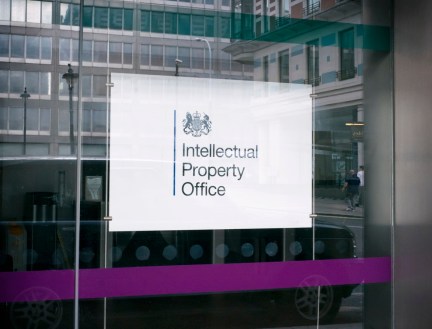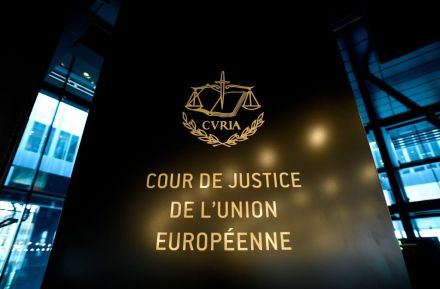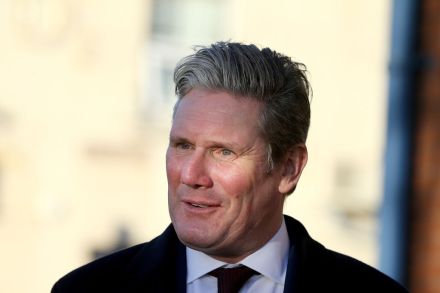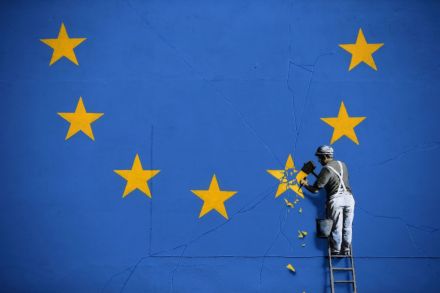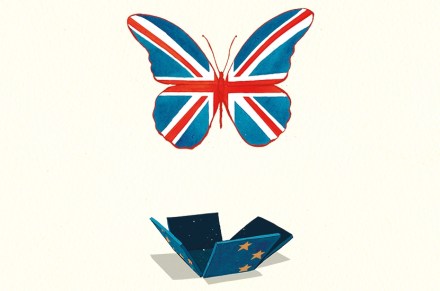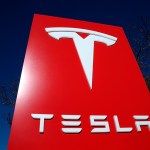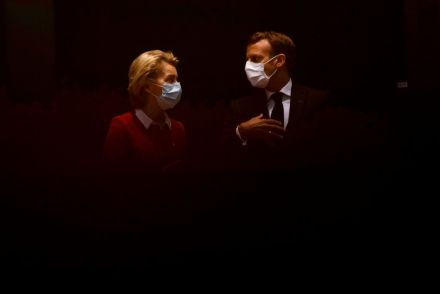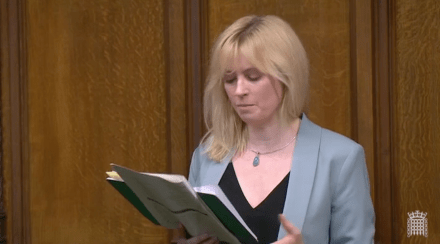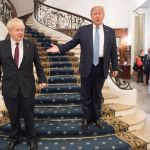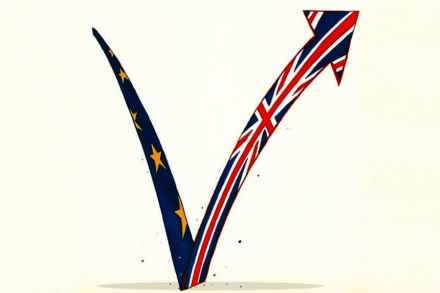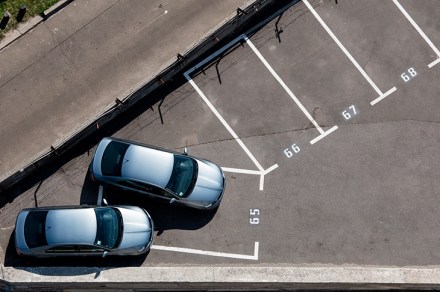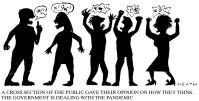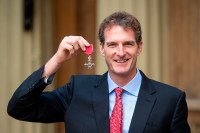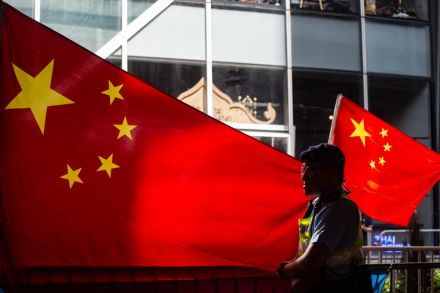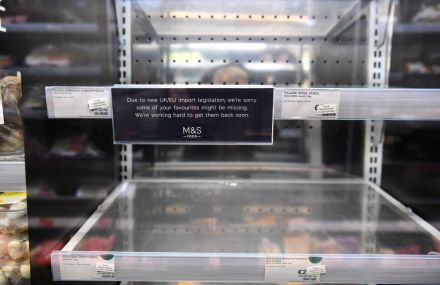Britain’s copyright law is a mess
Copyright often seems like a joke. Most of us infringe it constantly, and publicly, without a second’s thought. With the advent of the internet, the public uploads countless videos, music, photographs, art, and a whole host of other things without the permission of the creators. Even large organisations get away with it. A few years ago, for example, the National Trust posted a picture of an unusual, heart-shaped honeycomb to social media, claiming it had been made by bees at one of their properties. It went viral, but it wasn’t actually theirs. Luckily for them, the beekeeper who took the photograph didn’t press the issue. Even creators, whom the system
